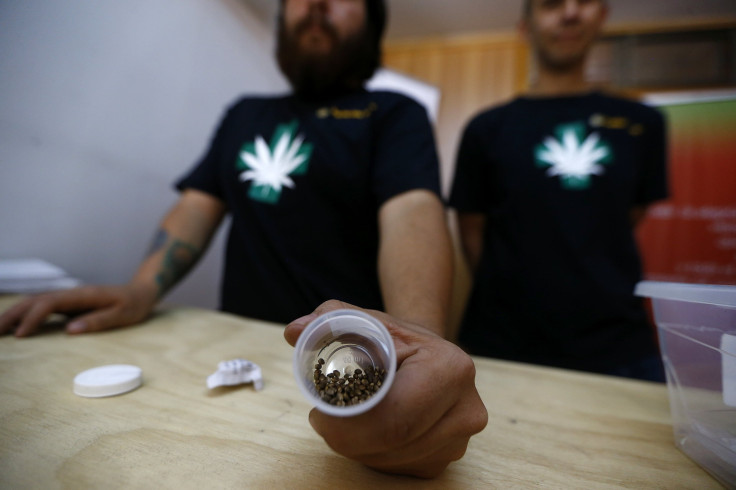Legal Medical Marijuana Does Not Increase Adolescent Use: Study

A nationwide study conducted over 24 years has found no evidence to suggest that legalizing medical marijuana makes adolescents more likely to use it. The results of the study, which were published in the Lancet Psychiatry journal on Monday, showed that there were no significant differences in teen marijuana use in 21 states where medical marijuana was legalized.
In total, 23 U.S. states and the District of Columbia have approved medical marijuana use in some capacity, raising worries that it could make the drug more accessible and acceptable to teenagers.
A team led by Deborah Hasin, epidemiology professor at Columbia University Medical Center, examined the relationship between the legalization of medical marijuana and the rate of use by adolescents in 21 states. The researchers found that while total marijuana use over a 30-day period was much higher in states where medical use was legal, adolescent use did not increase after the introduction of laws legalizing medical marijuana. The findings held true even after accounting for factors like age, ethnicity and social background.
"Our findings provide the strongest evidence to date that marijuana use by teenagers does not increase after a state legalizes medical marijuana. Rather, up to now, in the states that passed medical marijuana laws, adolescent marijuana use was already higher than in other states. Because early adolescent use of marijuana can lead to many long-term harmful outcomes, identifying the factors that actually play a role in adolescent use should be a high research priority," Hasin told the Lancet.
The results of the latest study corroborate the findings of a 2014 report, published in the Journal of Adolescent Health, where a similar look at 20 years of data showed no link between medical legalization and adolescent marijuana use.
"Any time a state considers legalizing medical marijuana, there are concerns from the public about an increase in drug use among teens," Esther Choo, Rhode Island Hospital researcher and principal investigator, told Lifespan at the time. "In this study, we examined 20 years worth of data, comparing trends in self-reported adolescent marijuana use between states with medical marijuana laws and neighboring states without the laws, and found no increase in marijuana use that could be attributed to the law."
© Copyright IBTimes 2025. All rights reserved.



















